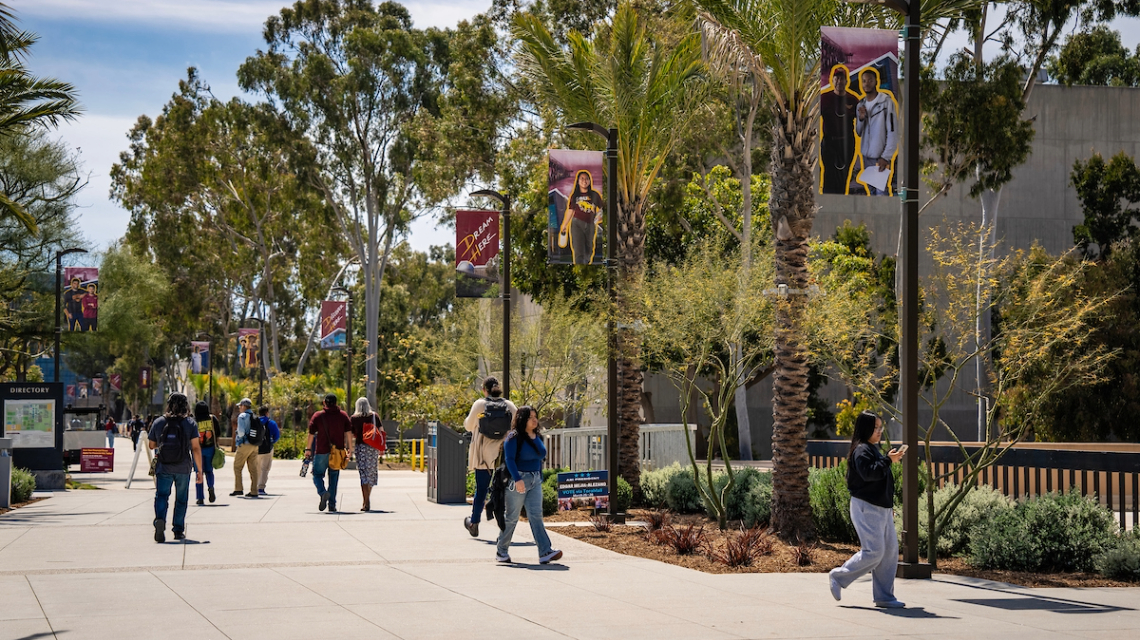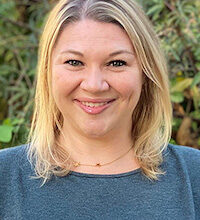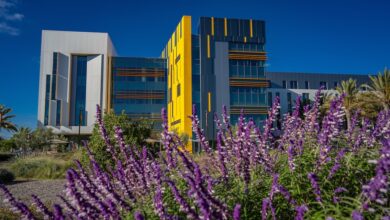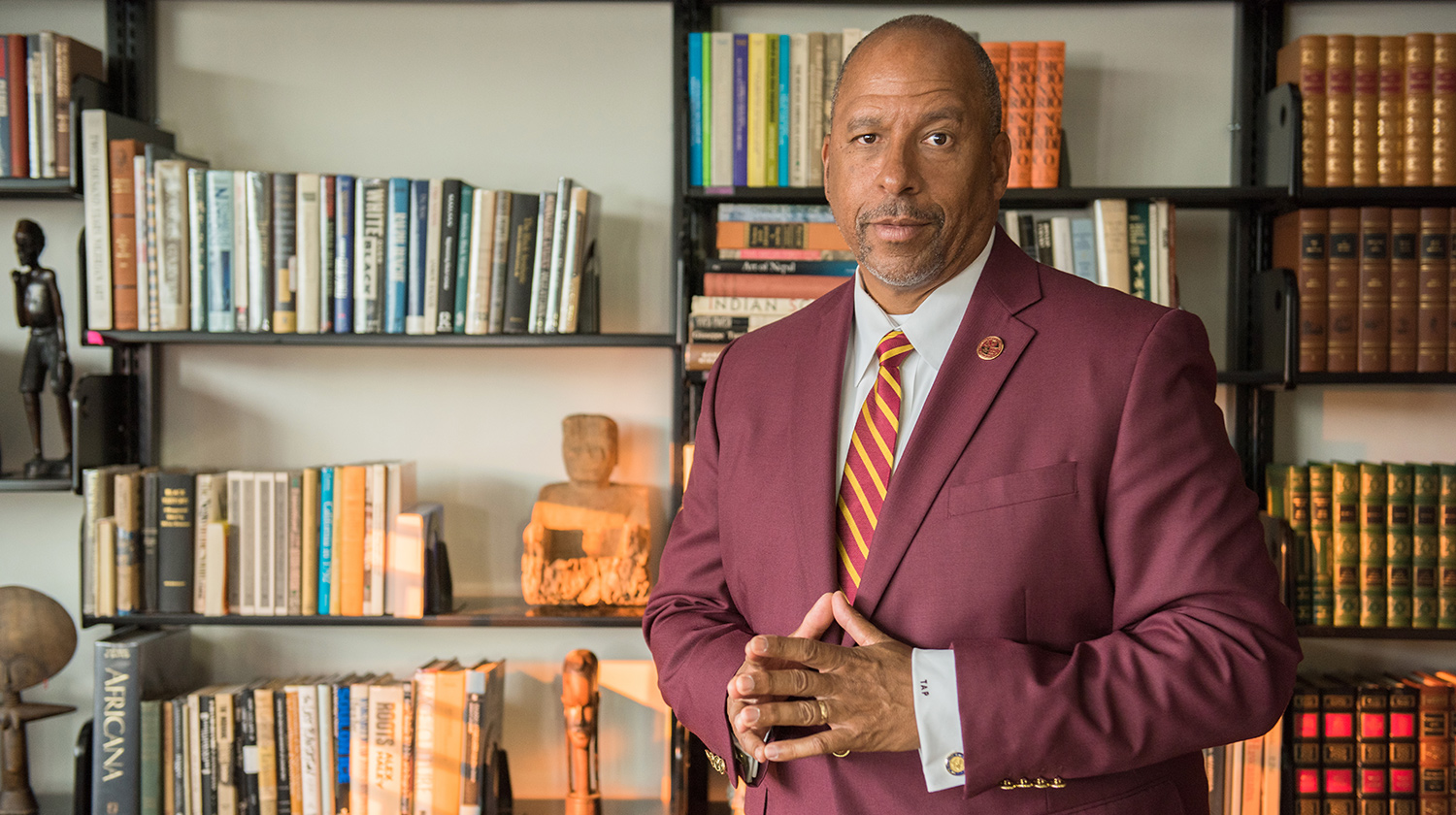College of Arts and Humanities
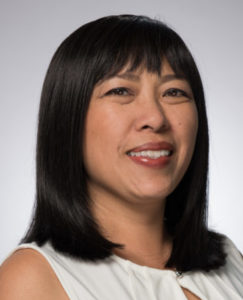 Assistant Professor of Asian Pacific Studies Mary Talusan‘s book, Instruments of Empire: Filipino Musicians, Black Soldiers, and Military Band Music during U.S. Colonization of the Philippines, was published by University Press of Mississippi. Gathering over 20 years of research on her great-grandfather’s role in the band, his travels with the band to the United States, and close friendship with African American conductor, Lt. Col. Walter H. Loving, she analyzes the connections between music, race, and U.S. imperialism during the early 20th century in America.
Assistant Professor of Asian Pacific Studies Mary Talusan‘s book, Instruments of Empire: Filipino Musicians, Black Soldiers, and Military Band Music during U.S. Colonization of the Philippines, was published by University Press of Mississippi. Gathering over 20 years of research on her great-grandfather’s role in the band, his travels with the band to the United States, and close friendship with African American conductor, Lt. Col. Walter H. Loving, she analyzes the connections between music, race, and U.S. imperialism during the early 20th century in America.
College of Education
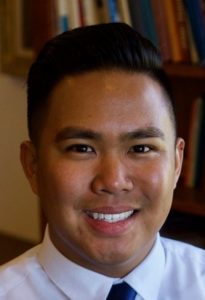
Edward Curammeng, assistant professor in the Teacher Education Division, was recently nominated and selected as a member of the 2021-2022 class of Whisenton Public Scholars. The Whisenton Public Scholars Fellowship is a public scholars exchange in collaboration with Joffre T. Whisenton and Associates and the Kettering Foundation. Launched in 1998, the program involves faculty and administrators from schools that serve minoritized communities, including Historically Black Colleges and Universities and Minority Serving Institutions.
College of Natural and Behavioral Sciences
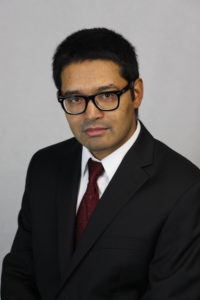
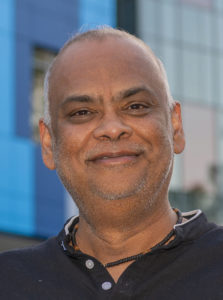
Graduate student Raju Bista, Assistant Professor of Earth Sciences Parveen Chhetri, and Professor of Earth Sciences Ashish Sinha, along with their colleagues, authored “Climate-Driven Differences in Growth Performance of Cohabitant Fir and Birch in a Subalpine Forest in Dhorpatan Nepal” for Forests 2021. The study found that recent warming has been unfavorable for birch, and favorable to fir radial growth.
Assistant Professor of Earth Sciences Parveen Chhetri, alongside CSUDH students Gabriel Angulo, Raju Bista, Michelle Mohr, and David Saldaña, co-authored “Tree-Ring Climate Response of Jeffrey Pine in the Cascade Creek Watershed, Northern California,” published by the Journal of Forest Science.
 Tianjun Lu, assistant professor of earth sciences and geography, led an e-poster discussion at the 33rd Annual Conference of the International Society for Environmental Epidemiology on his research, “Racial-ethnic Disparities in PM2.5 Exposure in California: Differences by Season and Daily Pollution Level.”
Tianjun Lu, assistant professor of earth sciences and geography, led an e-poster discussion at the 33rd Annual Conference of the International Society for Environmental Epidemiology on his research, “Racial-ethnic Disparities in PM2.5 Exposure in California: Differences by Season and Daily Pollution Level.”
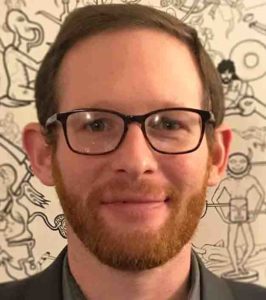
Kenneth Seligson, assistant professor of anthropology, co-authored “Querying Quarries: Stone Extraction Practices and Socioeconomic Organization in Three Sub-Regions of the Maya Lowlands,” published in the Journal of Field Archeology. The paper establishes methods for archaeologists to integrate quarries into their studies of past economies and anthropogenic landscapes.
College of Arts and Humanities and College of Natural and Behavioral Sciences
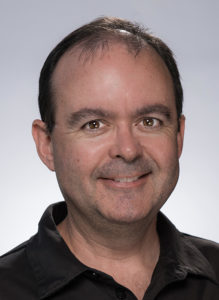
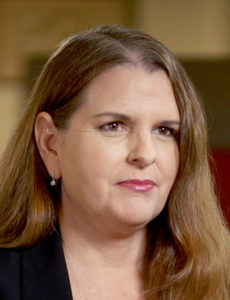
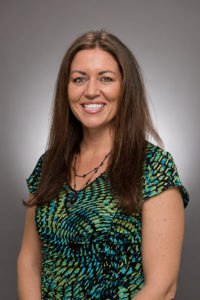
Psychology Professor Mark Carrier and Communications Professor Nancy Cheever co-presented “Fake News: A Historical Analysis and a Snapshot of Attitudes and Behaviors in the United States” with colleagues at the American Psychological Association’s annual convention. The symposium, chaired by Psychology Professor Tara Victor, combined psychology and history, sharing the results from a study of 2,000+ U.S. residents who are eligible voters as well as a historical analysis.
Recent quotes and/or interviews in the media from faculty
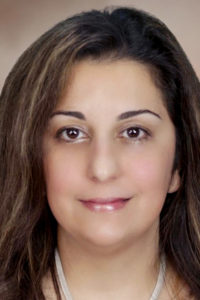
“I think we are seeing a comeback in hotel loyalty as a brand vs for example staying in a hotel for the credit card bonus points. Many road warriors (business travelers) are looking for safety and cleanliness due to the pandemic and leaving the bonus points earning accumulation, and redemption for a later time.” – Natasa Christodoulidou, professor of marketing and management, was interviewed by WalletHub as a featured expert about the best hotel credit cards for consumers.
“This is their DNA. If they want to continue this one-party regime in China, they have to do it. They have no other way to adjust the economy. They have no other way to adjust the conflict between the people and the government or the people and the leadership.” – Katherine Chu, an Asian Pacific studies and political science lecturer, was interviewed by NPR about China’s control over social media and culture.
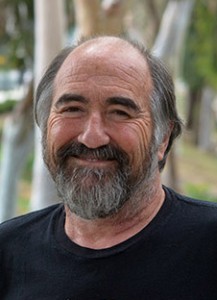
“We all have a short attention span and that makes our ability to focus on work difficult from the get-go. But when you’re looking at young professionals, they’ve been raised in this world where everything’s on their phone [and] computer. They’re getting notifications constantly.” – Larry Rosen, emeritus professor of psychology, was interviewed by NBC News about the intersection of technology, learning, and organization for an article about top-rated planners.
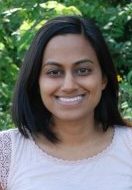
“Everyone should be able to do science if they want to. Moreover, I think bringing more people into the fold can improve the quality of our science and the types of question that are asked.” – Sonal Singhal, associate professor of biology, was profiled by Nature in an article about lab leaders’ research philosophies.
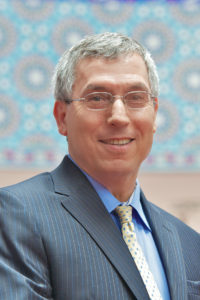
“The Iranians and the Taliban have come to the realization that they are better off being friends than enemies” – Hamoud Salhi, associate professor of political science and associate dean of international education, was interviewed by Reuters about the Taliban’s influence in the Middle East.
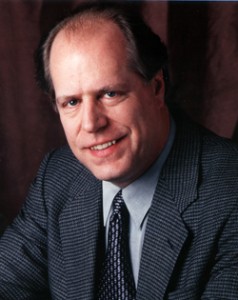
“The fidelity is either in the original recording or it’s not. If you didn’t capture a great sounding recording, all the wiz bang [audiophile] technology, expensive cables and power cords isn’t going to make a darn bit of difference.” – Mark Waldrep, professor of digital media arts, was interviewed on the Ecoustics podcast about hi-res audio.





